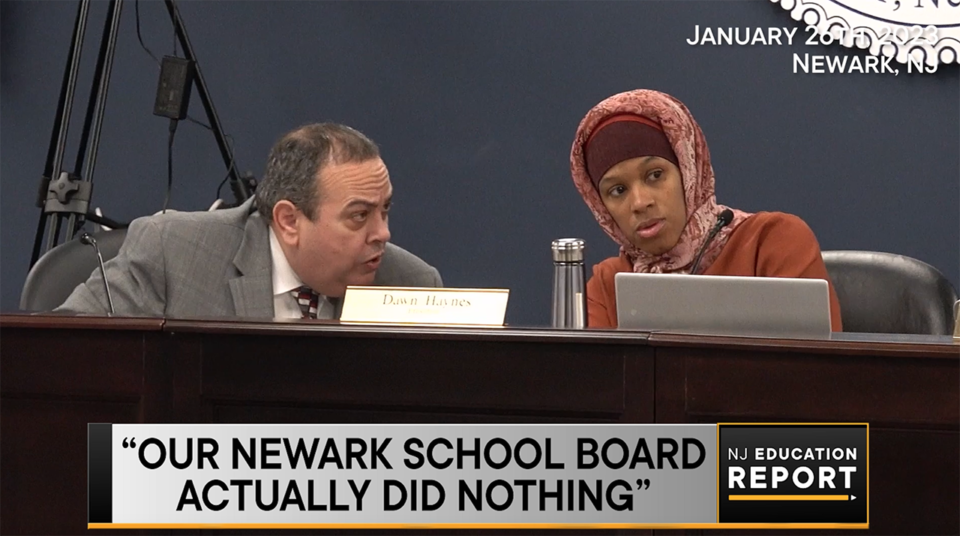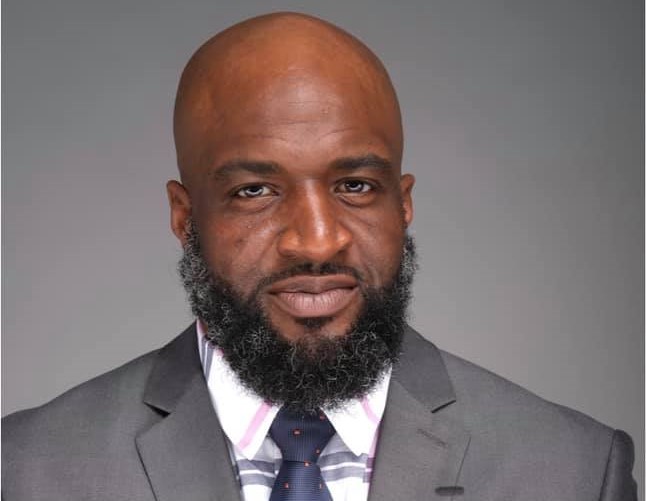
Camden’s Newest Non-Profit Quizzes Schools on Learning Loss Plans
July 1, 2021
New Poll: Black Parents ‘Much More Likely’ to Support Charter Schools and Voucher Programs
July 1, 2021LILLEY: Does NJEA Care About Learning Loss for Minority and Low-Income Students?
Remote learning during the pandemic has indeed taken its toll on NJ students.
The New Jersey Globe reported that based on interim tests 37% of NJ students were below grade level in language arts and math. What is even more alarming is that more than half of Black and Hispanic students were below grade level for both subjects. More than half! As Senate Education Committee Chairwoman Theresa Ruiz said: ” This is a crisis.”
Of course, the NJ Department of Education is using “interim” tests because the state cancelled NJ’s annual student testing at the urging of the NJEA. As the NJEA stated in its June NJEA Review (p. 11), “In large part due to the advocacy of our members, New Jersey announced … that it would be seeking a waiver from USDOE. Members wrote over 15,000 letters in support of the waiver application, urging the federal government to grant that request.” The NJEA also “advocated with members of the state and federal legislatures.” The facts show that the NJEA worked very hard to have the annual tests cancelled.
The NJEA claimed that cancelling the annual tests was a “significant benefit” for students because they did not have to undergo “[r]ote ‘test-prep.’” The NJEA is also advocating for “much less time-consuming and labor-intensive” annual tests called Start Strong that are to be given this fall as a replacement for the old annual tests.
Sunlight draws three conclusions from these facts:
- Black and Hispanic students have suffered tremendous learning loss from all-remote instruction. The state needs to determine the extent of the loss and address it. “Interim” tests are being used to assess the damage, but are they sufficient? Do we really know the extent of the learning loss?
- The NJEA’s first concern does not appear to be determining the extent of student learning loss. It is with the logistical difficulties of testing in the spring and the time devoted to test-prep that could otherwise be dedicated to “identifying and supporting student academic, social, emotional, health and safety needs.” Perhaps these are important issues, but they are not related to determining the extent of learning loss.
- The NJEA is advocating for new, less demanding annual tests right when we need to find exactly how far behind students have fallen. Will these tests be watered-down compared to the old tests? Will the new test results be comparable to the old test results? If students appear to do better on the new, less demanding tests, will that in effect help to obscure the extent of the learning loss?
We know that the NJEA led a statewide opt-out campaign against the old tests (then called PARCC, now called New Jersey Student Learning Assessment), and now it wants to replace them with a new, less demanding test. But the reason the NJEA fought against the old tests was that they were used in teacher evaluations, not because they were a poor measure of student learning. In other words, the NJEA’s main concern was for its members and not the students.
The NJEA’s pushing for the cancellation of annual exams in the spring and for new, less demanding annual tests this fall should be seen in this light. Is the NJEA’s first concern the students or its members? Does the NJEA really want to determine the extent of the learning loss? Or does the NJEA want to avoid the truth when it comes to the consequences of its push for remote learning?
For the NJEA’s talk about equity and social justice, the NJEA appears uninterested in determining the extent of learning loss during the pandemic, which we know was worse for minority and low-income students. The bottom line for NJ parents and students is that once again the teachers union appears to be looking out for its own interests, not theirs.




